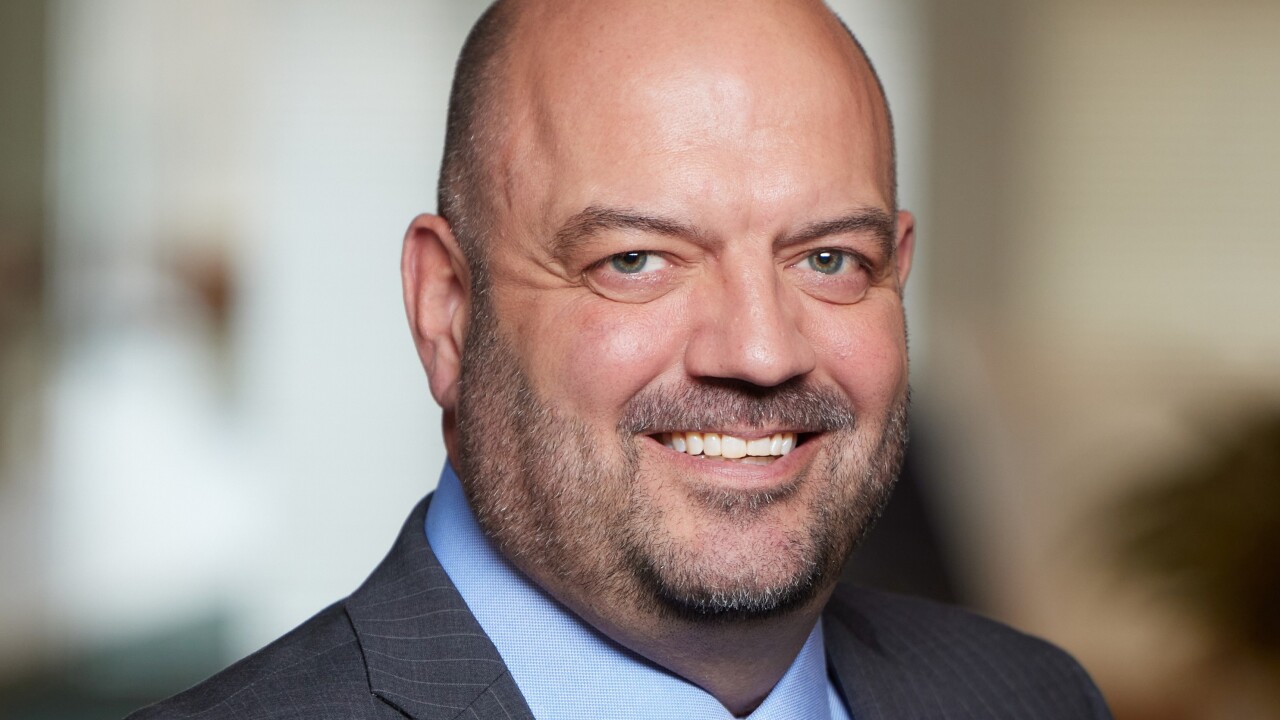WASHINGTON— While lawmakers on both sides of the aisle agreed Tuesday that Fannie Mae and Freddie Mac are "too big to fail," they debated whether the two government-sponsored enterprises should be formally labeled as systemically important financial institutions.
Such a designation is critical to the government-sponsored enterprises' future, since it would mean they would face additional supervision by the Federal Reserve and must comply with supplemental regulatory requirements like stress tests and higher capital standards.
During a hearing on the issue, Senate Banking Committee Chairman Mike Crapo, R-Idaho, stopped short of explicitly calling for a SIFI designation, but repeatedly made the case for doing so, asking pointed questions about the large role they play in the mortgage market and the advantages of a higher capital ratio.
“Fannie and Freddie are clearly too big to fail. We all know it, and the 2008 bailout proved it,” he said. “Today, Fannie Mae has a larger balance sheet than any financial institution in the United States, and the second largest balance sheet of any public company in the world. Freddie Mac is not far behind.”

Both Douglas Holtz-Eakin, the president of the American Action Forum, and Alex Pollock, a distinguished senior fellow at the R Street Institute, argued that Fannie and Freddie must be designated as SIFIs under Title I of the Dodd-Frank Act because of the risk they pose to the economy.
“If Fannie and Freddie are not SIFIs, then nobody in the world is a SIFI, and if any institution is a SIFI, then so are Fannie and Freddie,” Pollock said in his prepared testimony. “Addressing their systemic risk through designation as a SIFI would logically match their systemically important role and riskiness.”
But elsewhere on the committee, some Democrats appeared skeptical about the purpose of any designation.
“Congress chartered [the GSEs] for a specific purpose, which is to enable a strong national housing market to extend the opportunity of homeownership to as many Americans as possible,” said Sen. Bob Menendez, D-N.J. “And it’s important to note that all of the other systemically important entities, both banks and nonbanks, were entirely private firms.”
Sen. Sherrod Brown, D-Ohio, the ranking member of the panel, said that comprehensive housing finance reform centered on a goal of homeownership would necessitate a different kind of supervision.
“It would also require a different type of oversight than we have for the megabanks and shadow banks that poisoned the mortgage market and infected our economy,” he said. “Different than we have for financial interests that are obsessed with stock buybacks and that believe they have no obligation to serve the nation that bailed them out.”
Susan Wachter, a professor of real estate and finance at the University of Pennsylvania, said that a SIFI designation wouldn't fit well with Fannie and Freddie. Instead, she proposed that Fannie and Freddie be designated as “systemically important financial market utilities,” or SIFMUs, under Title VIII of Dodd-Frank, which she argued would be more appropriate for the GSEs while still subjecting them to Federal Reserve oversight.
But Holtz-Eakin and Pollock pushed back on designating Fannie and Freddie as SIFMUs, pointing out that the label wouldn’t come with higher capital requirements, which both said is one of the primary advantages of a SIFI designation for the GSEs.
“One of the things that it does do under Title VIII is to give those dedicated access to the discount window at the Fed,” said Holtz-Eakin. “Taking the GSEs and turning them into the GSEs on steroids is a bad idea.”
Sen. Mark Warner, D-Va., who said he saw valid points on both sides of the Title I versus Title VIII argument, floated the idea of a dual designation for Fannie and Freddie as both SIFIs and SIFMUs, which Pollock agreed could be possible.
“I’m not really sure what the harm would be of a dual designation to make sure that there was not any lack of ambiguity that these are extraordinarily significant enterprises and need appropriate capital and oversight,” said Warner.
Any designation would have to be made by the Financial Stability Oversight Council, which has
Regardless of which designation the FSOC might decide on for Fannie and Freddie, both would subject the enterprises to enhanced oversight by the Fed, which several lawmakers said would be beneficial.
“A commonly held concern with FHFA continuing to serve as the sole regulator of Fannie and Freddie is that they will control their regulator and hold a high degree of influence,” said Sen. Jerry Moran, R-Kan.
Even FHFA Director Mark Calabria has suggested a designation makes sense, saying in an interview in May that it
The three witnesses appearing Tuesday all said that on its own, the FHFA would have a difficult time acting as a systemic risk regulator for the systemic risk that Fannie and Freddie hold.
“There’s broad agreement that designation is appropriate,” said Holtz-Eakin. “This is the one place where systemic risk is historically present. This is the one place I’m very comfortable with a designation, and the details of it I think are left to be determined.”


